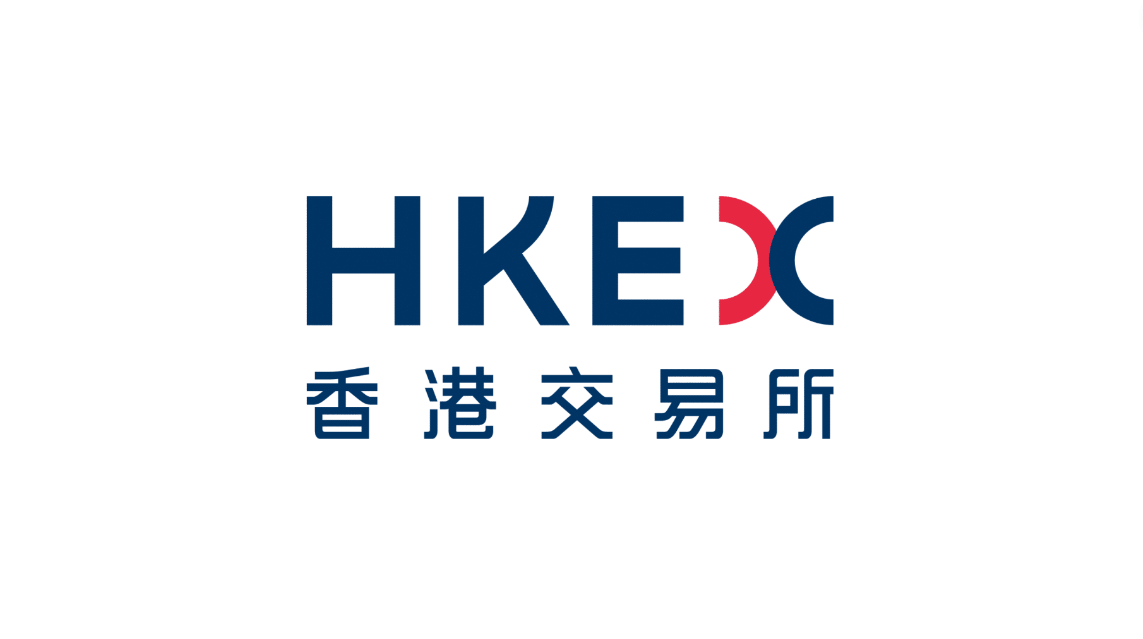Investment Promotion Agency Advocacy for Investment Climate Reform : Good Practice Principles and Case Studies
Download ↓
Investment promotion agencies (IPAs) use advocacy services to help their countries improve the quantity and quality of FDI they can attract, retain, and grow in the future. Successful IPA advocacy persuades governments to use targeted public reforms, expenditures, services, and convening power to attract, retain, and expand FDI in greater quantities and with higher positive development impact. This instructive note aims to present IPAs and their governments with insights on conducting advocacy effectively by providing an overview of key principles for advocacy and defining the systematic process involved in IPA advocacy services, which includes issue identification, solution formulation, and advocating for reform adoption and implementation. This note also provides four illustrative case studies of IPAs that successfully advocated for key investment climate enhancing reforms utilizing this systematic process, leveraging information collected from among the winners and other distinguished entrants of the 2021 Awards for Strengthening IPA Advocacy Services, jointly held by the WBG and the World Association of Investment Promotion Agencies (WAIPA).
Executive Summary >>>
Investment promotion agencies (IPAs) use advocacy services to help their countries improve the quantity and quality of Foreign Direct Investment (FDI) they can attract, retain, and grow in the future. Successful IPA advocacy persuades governments to use targeted public reforms, expenditures, services, and convening power to attract, retain, and expand FDI in greater quantities and with higher positive development impact.
This instructive note aims to present IPAs and their governments with insights on conducting advocacy effectively by providing an overview of key principles for advocacy and defining the systematic process involved in IPA advocacy services. The three steps in this process are 1) issue identification, 2) solution formulation, and 3) advocating reform adoption and implementation. This note also provides four illustrative case studies of IPAs that successfully advocated key investment climate enhancing reforms, using information collected from among the winners and other distinguished entrants of the 2021 Awards for Strengthening IPA Advocacy Services, jointly held by the World Bank Group (WBG) and the World Association of Investment Promotion Agencies. Each illustrative case study is structured to showcase the manner in which the IPA undertook these three steps.
The first three are examples of proactive advocacy driven by the strategic objective of attracting new FDI to sectors believed to be competitive but underperforming. The Ethiopian Investment Commission (EIC) found it could immediately unlock new sectors with a single, high-level reform. Toronto Global used institutionalized, high-level dialogue to facilitate a broad reimagining of its economic future. And the Indian national IPA found a way to motivate most of the country’s subnational governments to reform themselves in support of start-ups. The fourth case, that of Costa Rica’s CINDE, is an example of responsive advocacy, whereby the IPA’s standing mechanisms for investor issue intake led to a regulatory reform during the COVID-19 pandemic, which allowed established investors to quickly shift to remote work. While the three steps of issue identification, solution formulation, and advocacy can be seen in each case, their cases differ substantially in terms of the IPAs’ objectives, their starting circumstances, and how these differences led each IPA to a unique solution offering both high impact to, and importance for its location.























































First, please LoginComment After ~